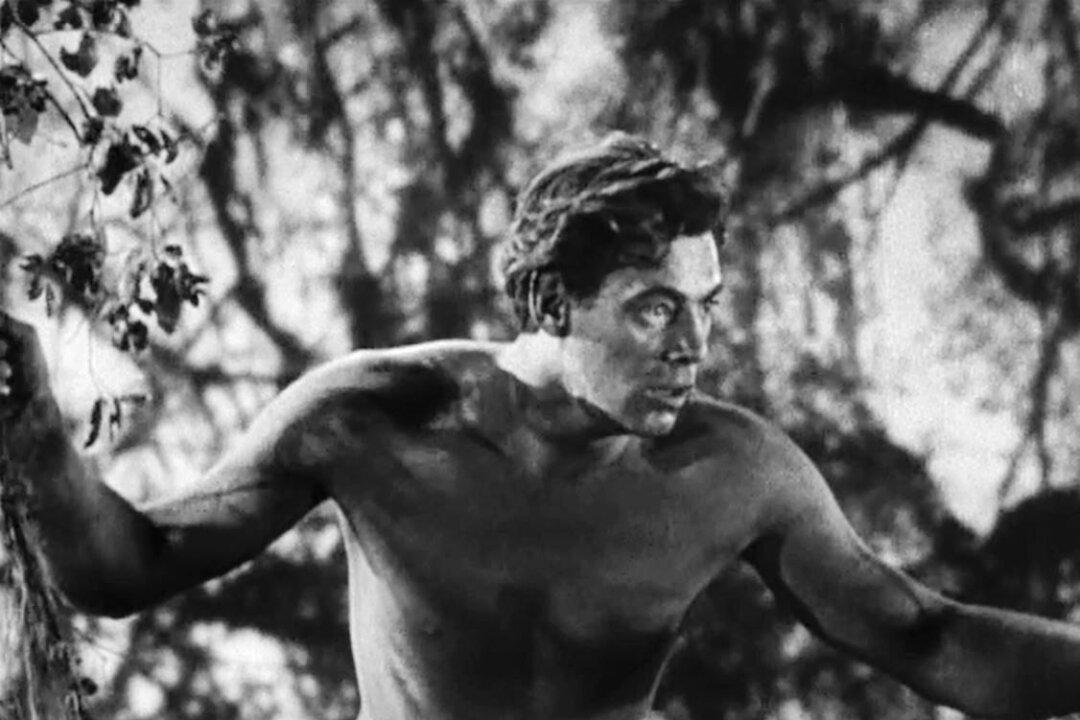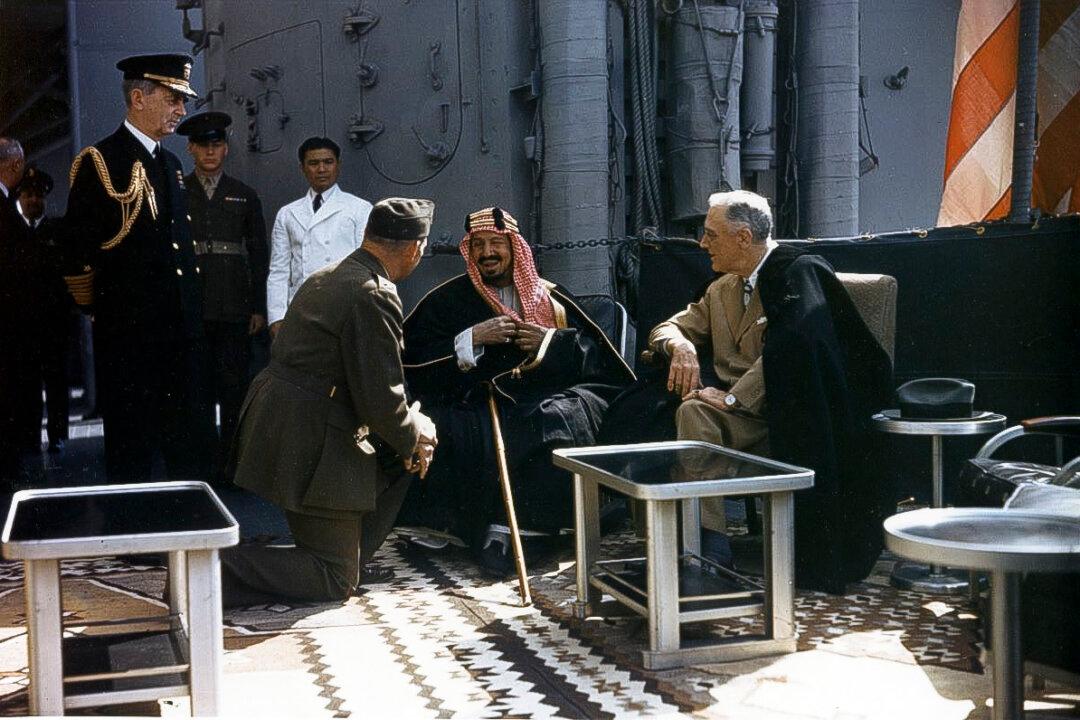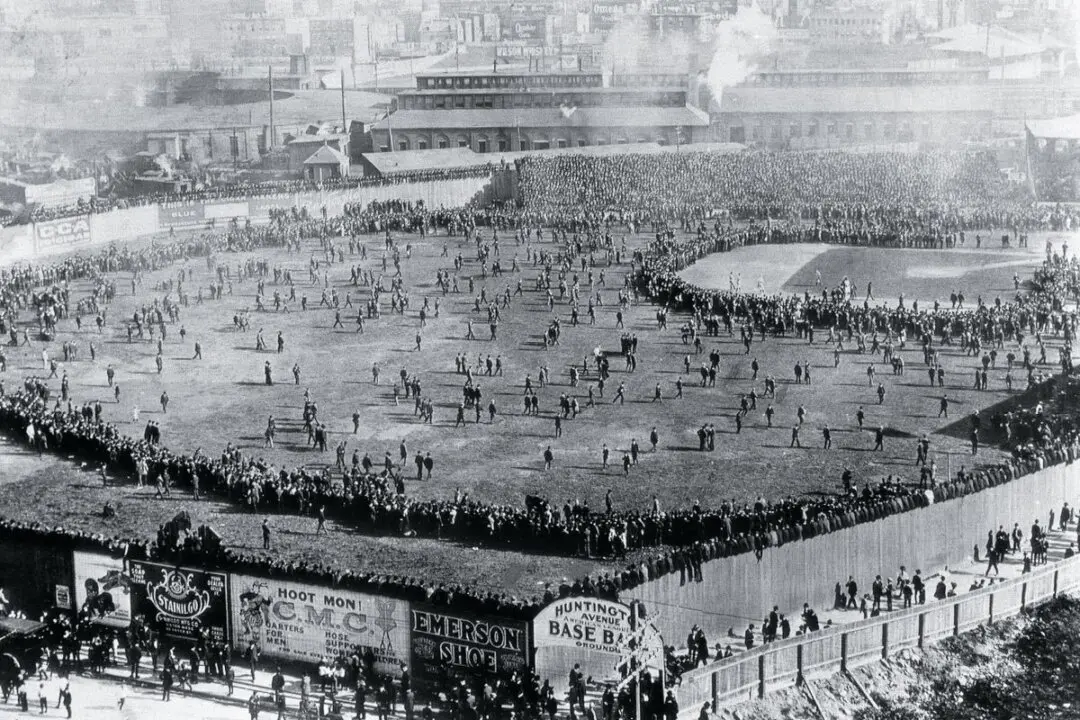Johnny Weissmuller (1904–1984) was born in the Austro-Hungarian town of Freidorf. Weissmuller’s time in Freidorf was brief, as his parents emigrated to the United States in 1905. They briefly settled in Windber, Pennsylvania, before moving to Chicago three years later.
The young Weissmuller attended St. Michael’s School, then Menier Public School before dropping out in 1917 to help his family financially. At age 9, while in school, he contracted polio, and his doctor recommended he swim to combat the disease’s symptoms. The recommendation would change his life and the history of American sports forever.






